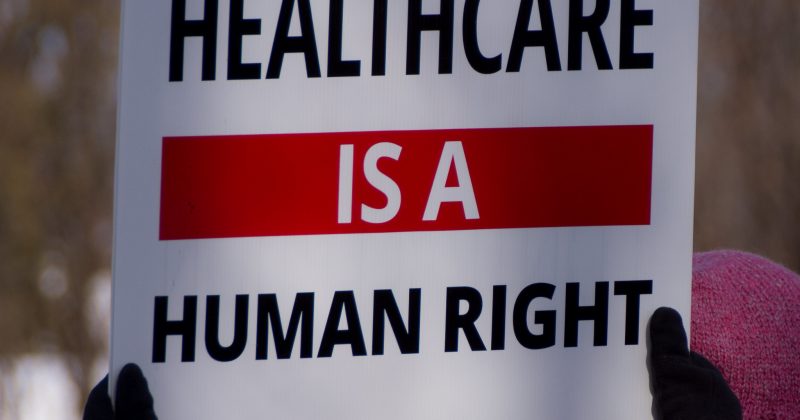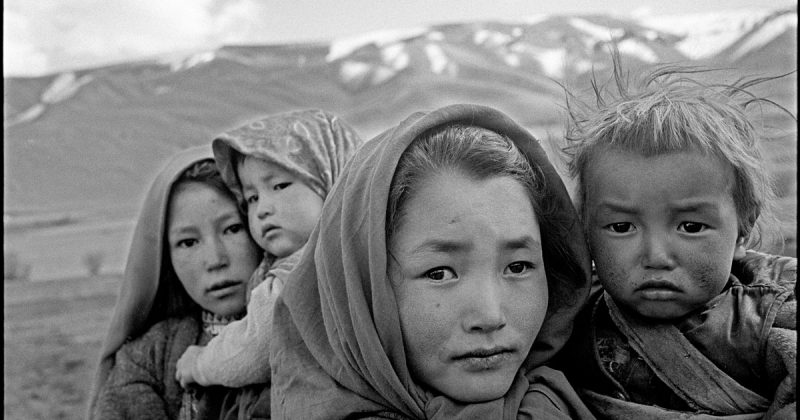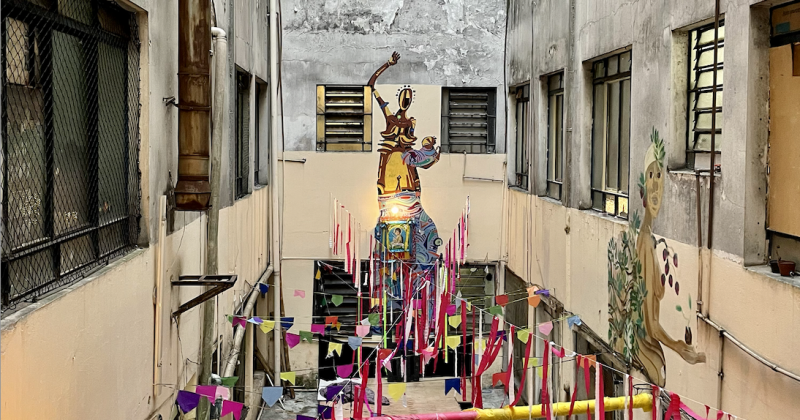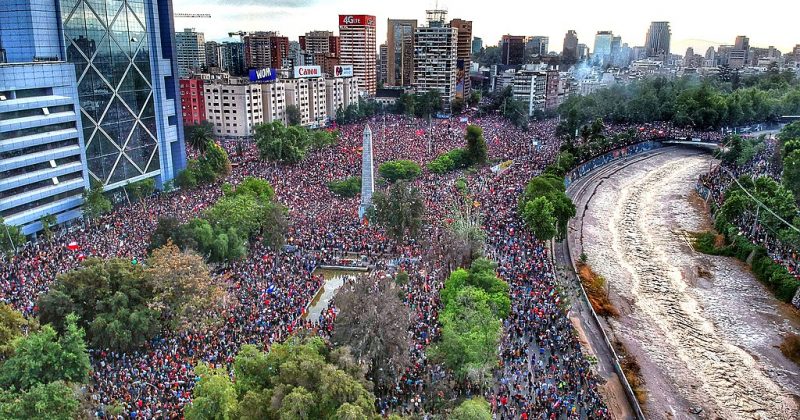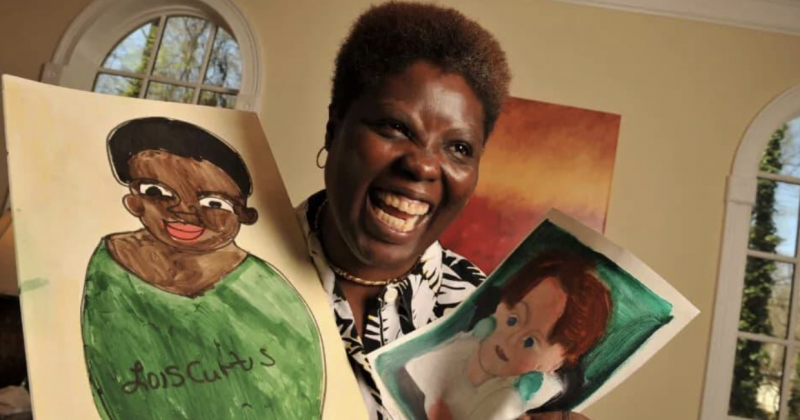
A Life and Legacy, Unmatched: Remembering the Activism of Lois Curtis
By Co-Editor Jess Gallagher
“Nobody’s free until we are all free.”
These are the words of Lois Curtis, the woman whose case determined the most influential court decision for people with disabilities in history. Ms. Curtis served as one of the plaintiffs in the landmark Supreme Court case, Olmstead v. L.C. (1999), which established the right of people with disabilities to live in the least restrictive settings possible under the Americans with Disabilities Act (ADA).
As the Disability Community mourns the loss of one of the nation’s greatest advocates, we reflect on her efforts to achieve justice for all. Her work secured the right of millions of people with disabilities to live within their own communities and away from the forced institutionalization that she faced throughout her life.
Growing up in Atlanta, GA., Ms. Curtis was diagnosed with intellectual and developmental disabilities as a child and, due to a lack of support services for her family, she often wandered away from home. Missing person...

